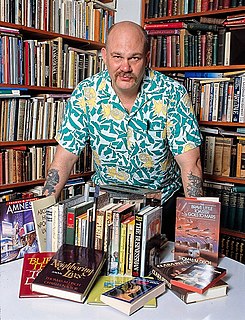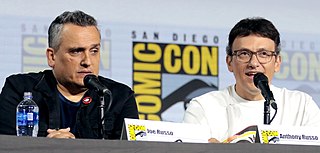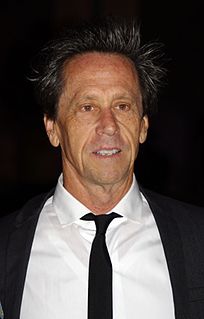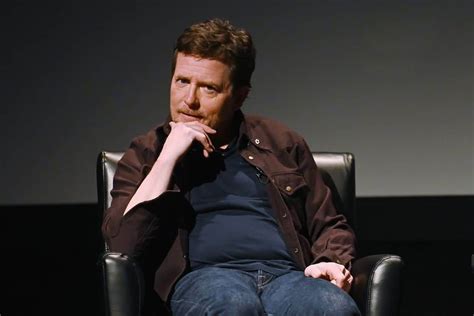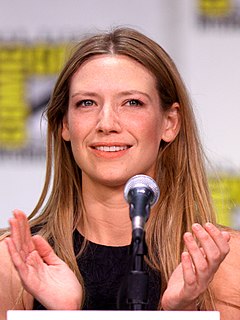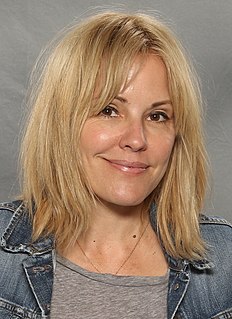A Quote by Thomas M. Disch
A predilection for genre fiction is symptomatic of a kind of arrested development.
Quote Topics
Related Quotes
It's funny, because 'Arrested Development' is tied to Andy Richter in a few different ways. For me personally, after I did Andy Richter, one of the next things I did was a show called 'Quintuplets' for a season for Fox, and this was while 'Arrested Development' was on. I used to go over and hang out on their set.
It's funny, because Arrested Development is tied to Andy Richter in a few different ways. For me personally, after I did Andy Richter, one of the next things I did was a show called Quintuplets for a season for Fox, and this was while Arrested Development was on. I used to go over and hang out on their set.
I do love science fiction, but it's not really a genre unto itself; it always seems to merge with another genre. With the few movies I've done, I've ended up playing with genre in some way or another, so any genre that's made to mix with others is like candy to me. It allows you to use big, mythic situations to talk about ordinary things.
[Michael] Chabon, who is himself a brash and playful and ebullient genre-bender, writes about how our idea of what constitutes literary fiction is a very narrow idea that, world-historically, evolved over the last sixty or seventy years or so - that until the rise of that kind of third-person-limited, middle-aged-white-guy-experiencing-enlightenment story as in some way the epitome of literary fiction - before that all kinds of crazy things that we would now define as belonging to genre were part of the literary canon.
